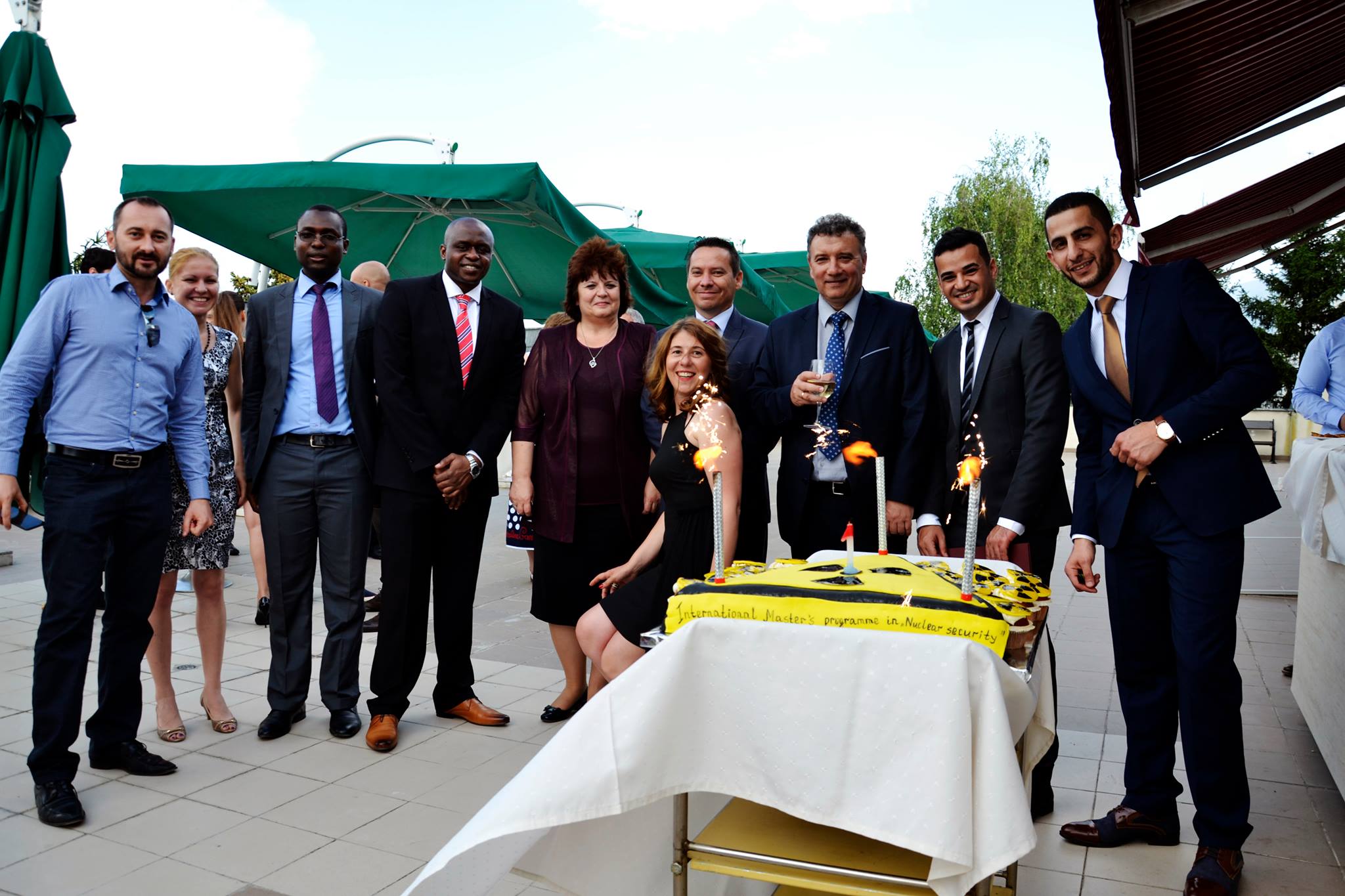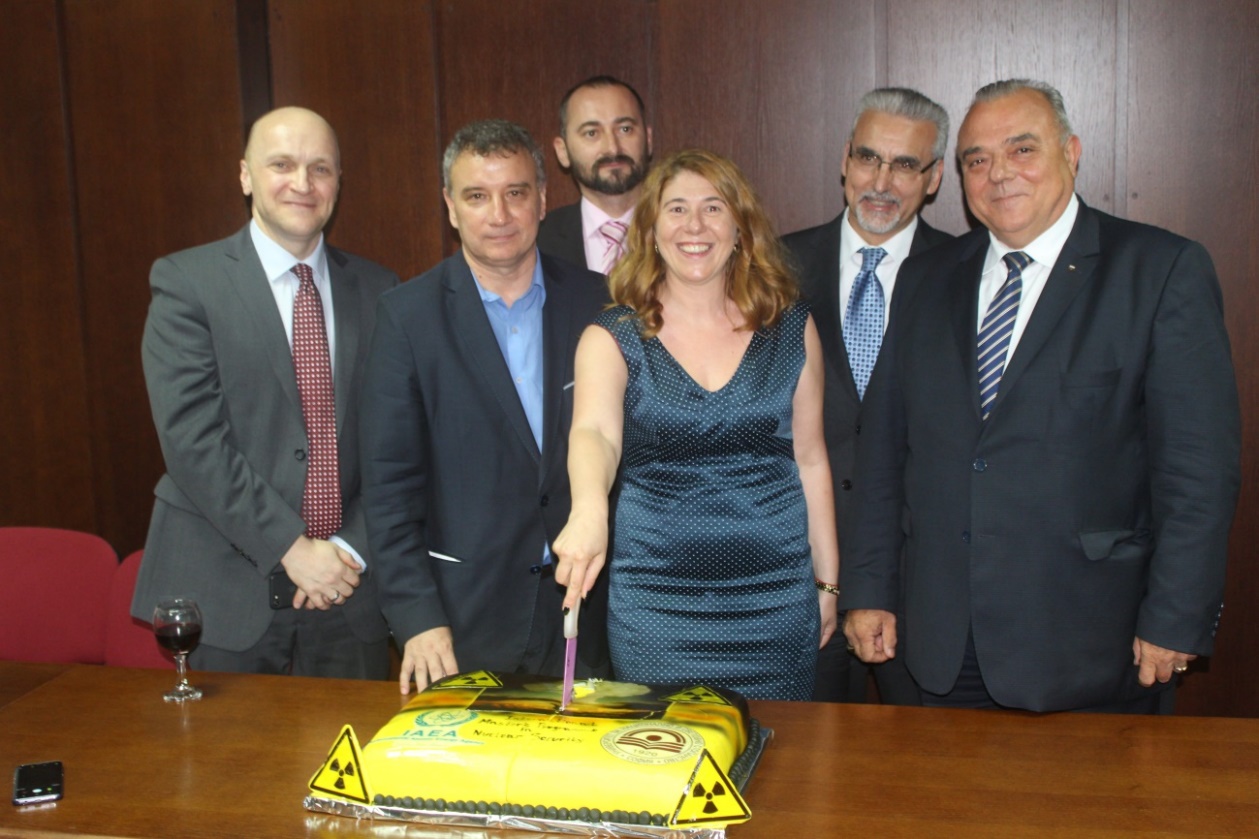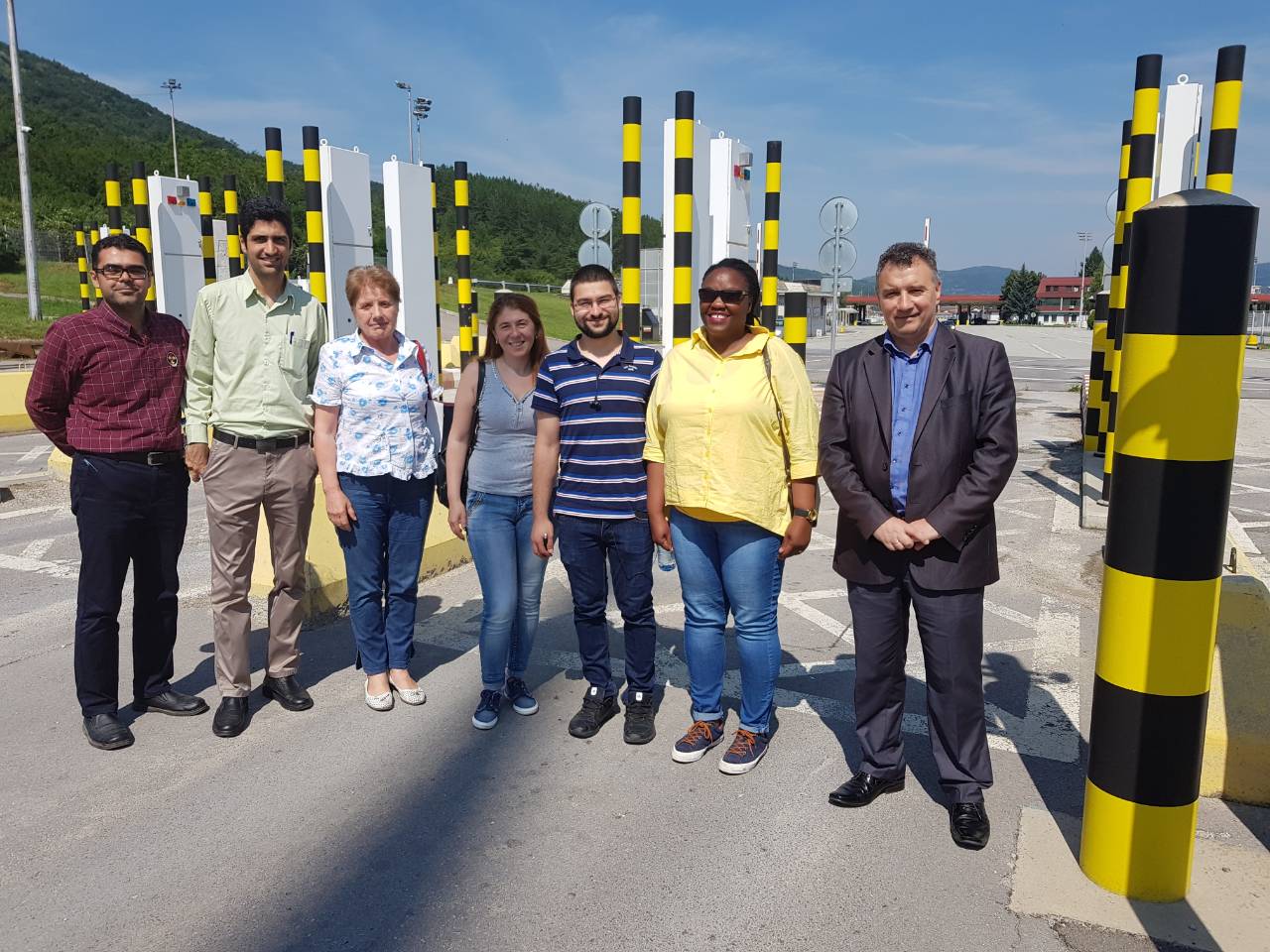Master's Degree Education in Nuclear Security: Results and Diploma
This Master's Programme is for you if:
- You wish to develop a highly advanced skill set which will be in high demand in the foreseeable future.
- You want to be a part of a growing, high-tech industry.
- You care about the safe and peaceful utilization of clean energy sources.
Nuclear security is multidisciplinary and requires experts from several different spheres of knowledge. Different aspects of nuclear security, such as political, economical, social or technical, will be covered by universities according to their expertise. This would allow students to acquire a full range of nuclear security know-how.
Assuming that universities provide courses on general education related to a graduate programme, the proposed MSc programme in nuclear security is compatible with the requirements for a Master’s programme offered in universities worldwide, with requirements contained in the Sorbonne/Bologna Declarations and with requirements developed for a European MSc by the European Nuclear Engineering Network.
The Programme at a glance:
- Duration – 1,5 years (3 semesters), 17 courses;
- Location – University of National and World Economy, Sofia, Bulgaria, EU;
- Goals – become a manager in the nuclear industry;
- Requirements – Bachelor's degree, English language skills.
The structure of the Master's Programme in Nuclear Security consists of a set of 12 compulsory courses, providing solid knowledge in the fundamental areas (such as the legal framework, nuclear technologies and applications, radiation protection) and in-depth expertise in the main nuclear security areas (prevention, detection and response), together with more advanced know-how in 10 elective courses that could be selected by students to obtain a specialization in certain areas of nuclear security.
The design of the Master's Programme in Nuclear Security is characterized by a combination of theoretical and practical sessions, e.g. demonstrations, laboratory exercises, case studies, technical visits and simulations, which is in line with the teaching policy of the University and defined by the individual academic teachers.
The Programme ends with the preparation of a Master's thesis and its defence.
Diploma
Succesful graduates from the Master Programme will obtain a Master of Science diploma from the University of National and World Economy (UNWE).
Gallery Study visits and Graduation ceremonies
.jpg)


